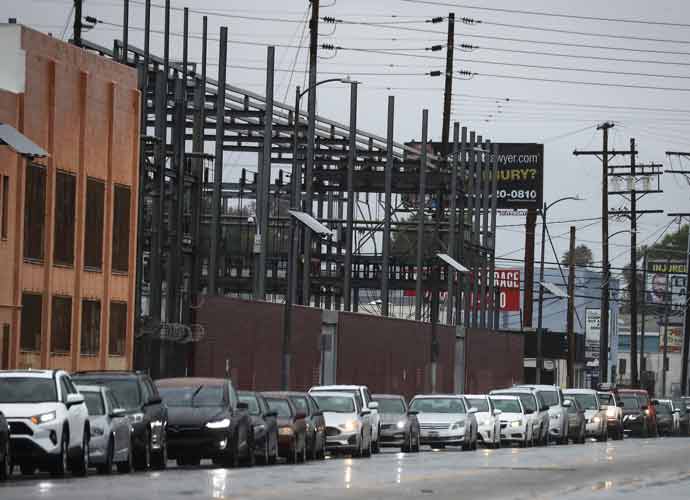After Sharp Fall, U.S. Poverty Rate Predicted To Rise As Pandemic Relief Expires
A report from the Urban Institute, a liberal-leaning think tank based in Washington, D.C., reveals that while poverty levels in the U.S. have reached record lows because of pandemic emergency measures, high levels of impoverishment are still likely to persist. The policies that contributed to poverty’s decline, like Supplemental Nutrition Assistance Program (SNAP), child tax credits and stimulus checks, are set to soon expire for some Americans.
That report predicts that poverty levels will remain at 7.7% until the end of 2021, compared to 13.9% in 2018.
While experts cheer the fact that government support has lifted millions out of poverty, they fear that once the temporary help expires, low-income Americans will fall back into poverty.
Subscribe to our free weekly newsletter!
A week of political news in your in-box.
We find the news you need to know, so you don't have to.
By the end of 2021, federal and state governments will have put more than $1 trillion into support for low-income families. It’s a huge increase from $237 billion designated for low-income families in 2018.
The only form of aid that is slated to stay intact is the child tax credit, which will expire in one year – the Democrats have included an extension their budget blueprint.
Experts have suggested that poverty may become more of a policy issue than a merely social one. If low-income people are given enough money, then they can be lifted out of poverty.
Get the most-revealing celebrity conversations with the uInterview podcast!






Leave a comment